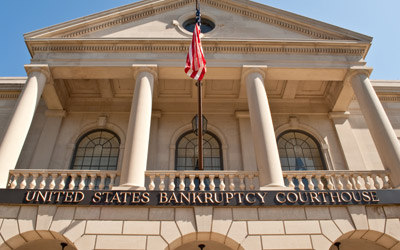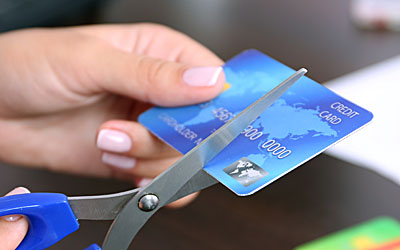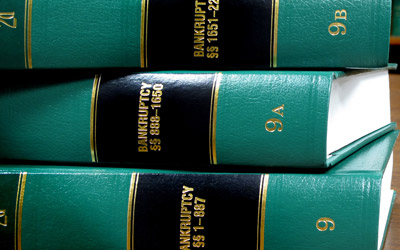Bankruptcy Articles
Credit Repair After Bankruptcy
If you have recently filed for bankruptcy or if you are considering filing, then you may be very concerned about how to repair your credit after bankruptcy. Bankruptcy does significantly reduce your credit score. However, millions of Americans have successfully repaired their credit after filing for bankruptcy. Repairing your credit after bankruptcy takes discipline, smarts, and dedication. However, it can be accomplished and if you are successful then it will make your life much more bearable. It is extremely difficult to survive in the world without having any type of credit.
After you have filed for bankruptcy then it is imperative that you obtain a copy of your credit report and thoroughly review it for any mistakes. If you find any errors on your credit report, then you should immediately contact the consumer reporting agency – Experian, Transunion or Equifax and inform them in writing of these errors. It is always advisable to include copies of any documentation that dispute what was included on your credit report. The federal government allows you to receive one free copy of your credit report annually. You can request your free report at www.annualcreditreport.com.
Once you are certain that your credit report is accurate, then you must create a budget, and that you live within your means. If you obtain any new credit cards, then you should keep your balances at a manageable level. Moreover, you should try to pay off as much of your credit card balances as possible each month. If you obtain a new car loan, then you should try to keep up with your monthly payments.
To fully understand how your credit can be repaired after you have filed for bankruptcy, then it is important to understand what part of the credit report that a creditor(s) focuses on. It is obvious that paying off your debt on time is very important to improve your credit report. Moreover, late payments and not being able to keep up with your monthly payments on debt is very often the major reason that forces people to consider filing for bankruptcy. After you have filed for bankruptcy, then it is critically important to pay your car loan or reaffirmed mortgage on time each month. If you pay off your current debt in a timely manner, then over time you will be able to repair your credit report.
In addition to your payment history your credit report also takes into consideration the total amount of outstanding debt that you owe your creditors. High credit card balances lower your credit score because the more debt that you owe, then it is less likely you will be to pay back more debt. For this reason, it is important that you start to pay off your credit card balances that have the highest balances, and then work your way down. Gradually, you will begin to prove to potential lenders that you are able to responsibly pay back your debt(s).
Your credit report also places significant weight on the duration of your credit history. The longer that you have held credit, then the higher your credit score will be. Alternatively, the shorter your credit history, then the lower your credit score will be. For this reason, it is important that you not rush out and try to obtain as many credit cards as you are eligible for. Your credit score can be substantially lowered if you if you overextend yourself with too much additional consumer debt in too short of a time period. Therefore, I recommended to my clients to obtain at least one secured credit card. A secured credit card is where you prepay the balance, and you are only able to spend as much as you have prepaid. A secured credit card allow you build up your credit. If you handle the payments on a secured credit card, then within 6 months you will be eligible to obtain a standard credit card.
In summary, repairing your credit after you file for bankruptcy does not happen overnight. Generally, if you make your car payments, mortgages, and other consumer debt payment(s) faithfully every month, and if you maintain reasonable credit card balance(s), then your credit score will gradually improve. Sometimes, in as little as 12 to 18 months you may be eligible to obtain credit without a higher interest rate. If you would like more information about how to repair credit after bankruptcy, then it is strongly advisable to talk to an experienced bankruptcy professional.






